 EPA
EPAIsrael says it has agreed to reopen the Gaza Strip’s key border crossing with Egypt only after an operation to retrieve the body of the last remaining…
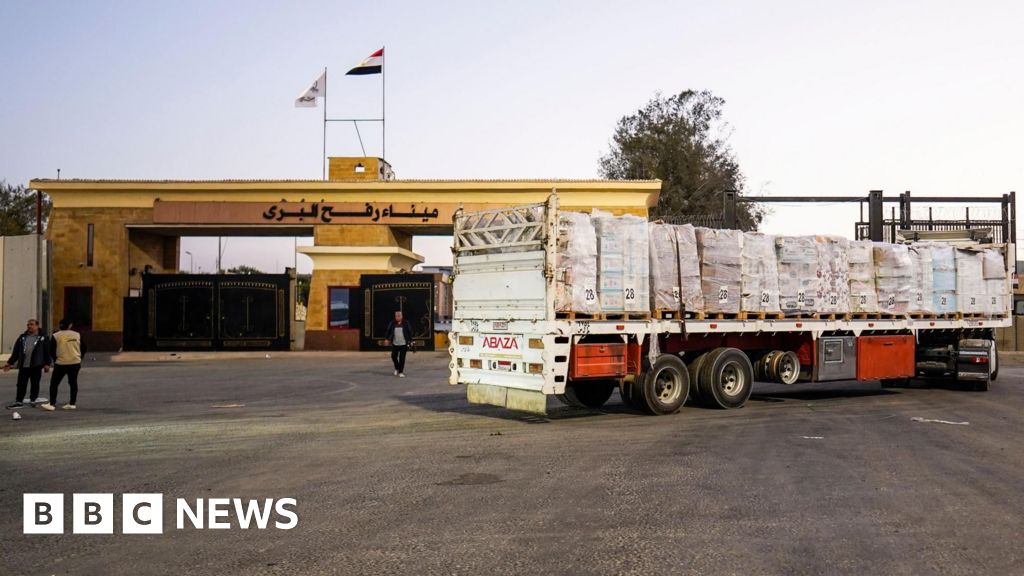
 EPA
EPAIsrael says it has agreed to reopen the Gaza Strip’s key border crossing with Egypt only after an operation to retrieve the body of the last remaining…

On 31 December 2025, Saudi Arabia’s Saudi Red Sea Authority (SRSA) has issued comprehensive Requirements and Conditions for Beach Operators (the “Requirements”), creating a single, modern rulebook for the…
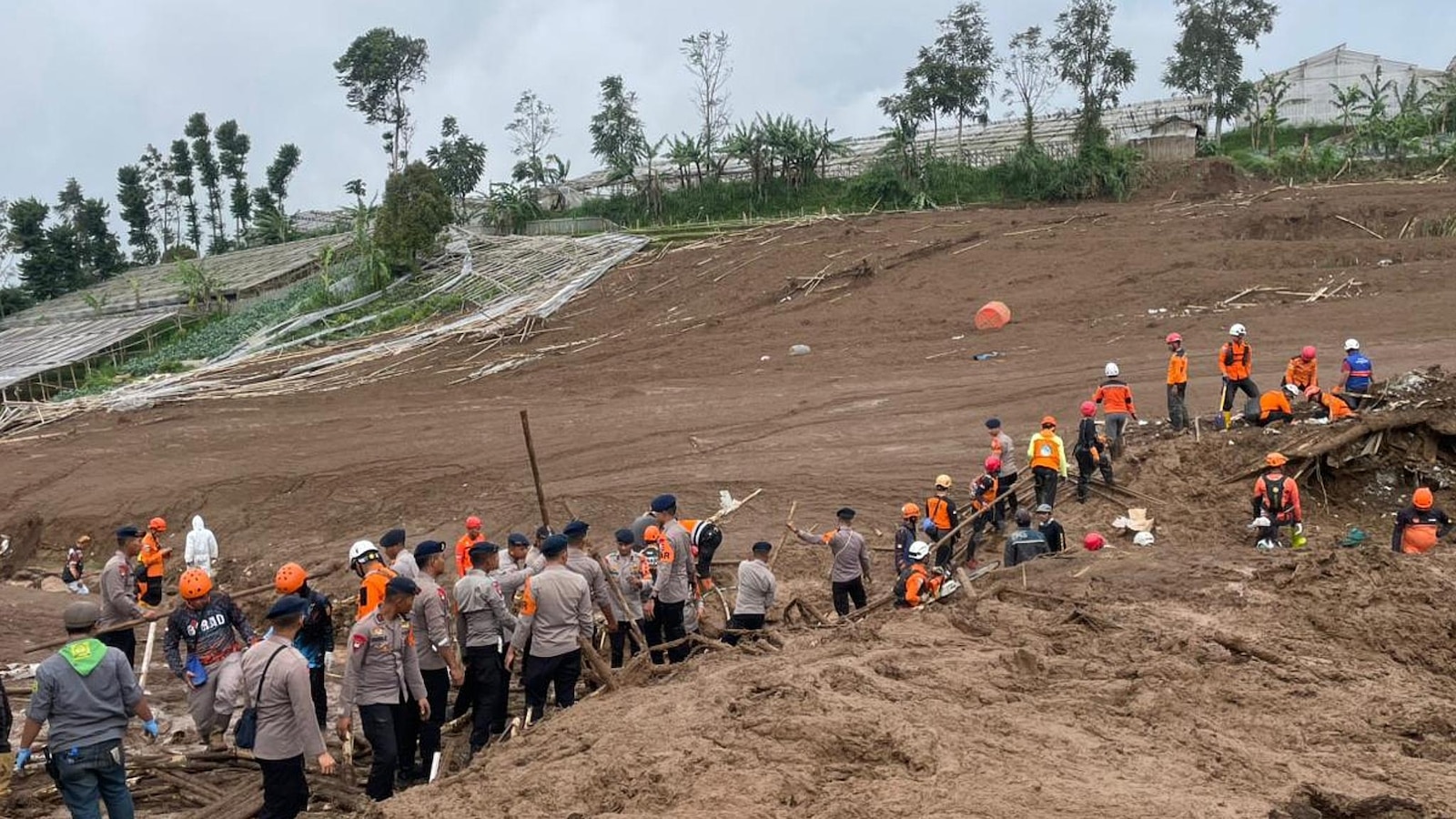
BANDUNG, Indonesia — Nineteen members of Indonesia’s elite marine force are among 80 people missing in deep mud after they were swept away or buried by a weekend landslide that tore through a mountainside in West Java province, killing dozens,…
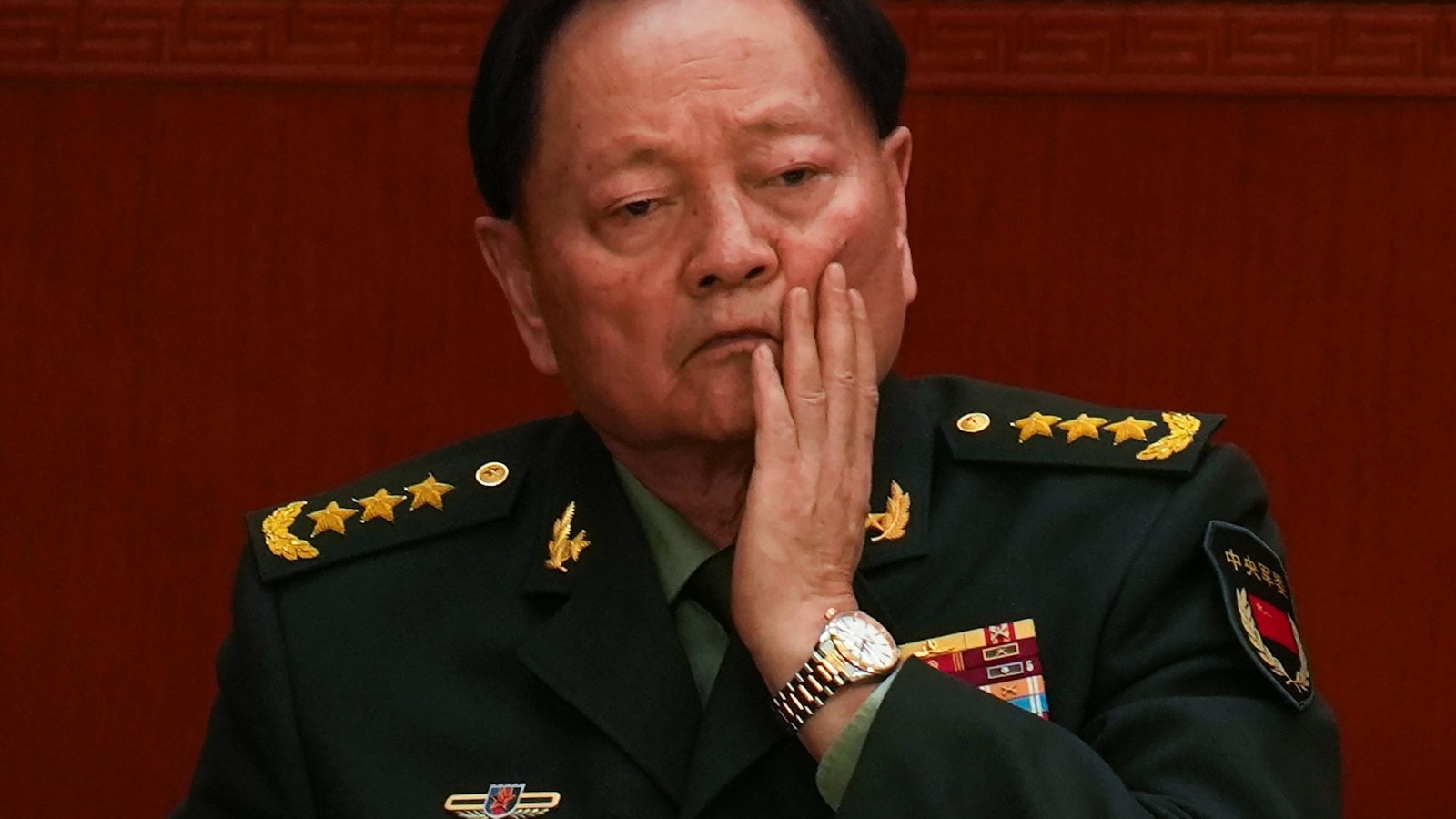
BEIJING — China made a major announcement over the weekend, saying it was investigating the army’s top general for suspected serious violations of discipline and law. No details have been revealed, but the action is a highly radical move: The…
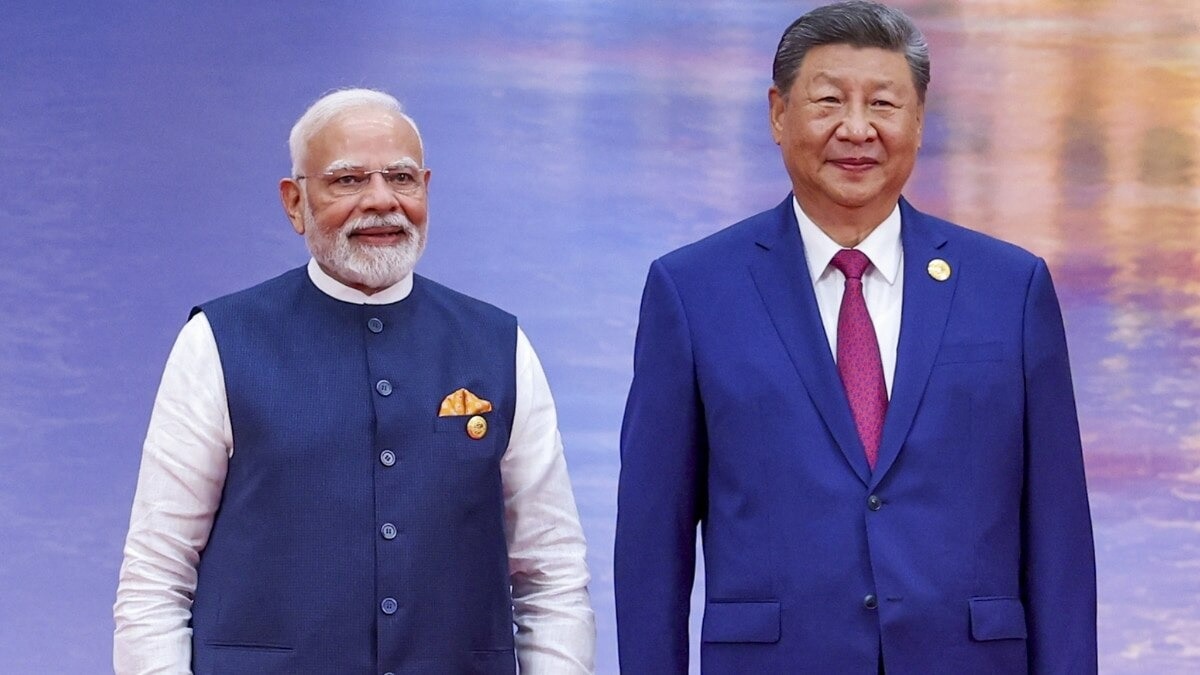
As India bears the brunt of US President Donald Trump’s tariff war, New Delhi received warm, neighbourly Republic Day greetings from Beijing, with Chinese President Xi Jinping saying that “dragon and elephant dancing together” is the right…

China said on Monday that a preliminary trade deal with Canada “does not target any third parties” after the United States threatened to impose 100-percent tariffs on Canadian products if the agreement were finalised.
Under the deal,…
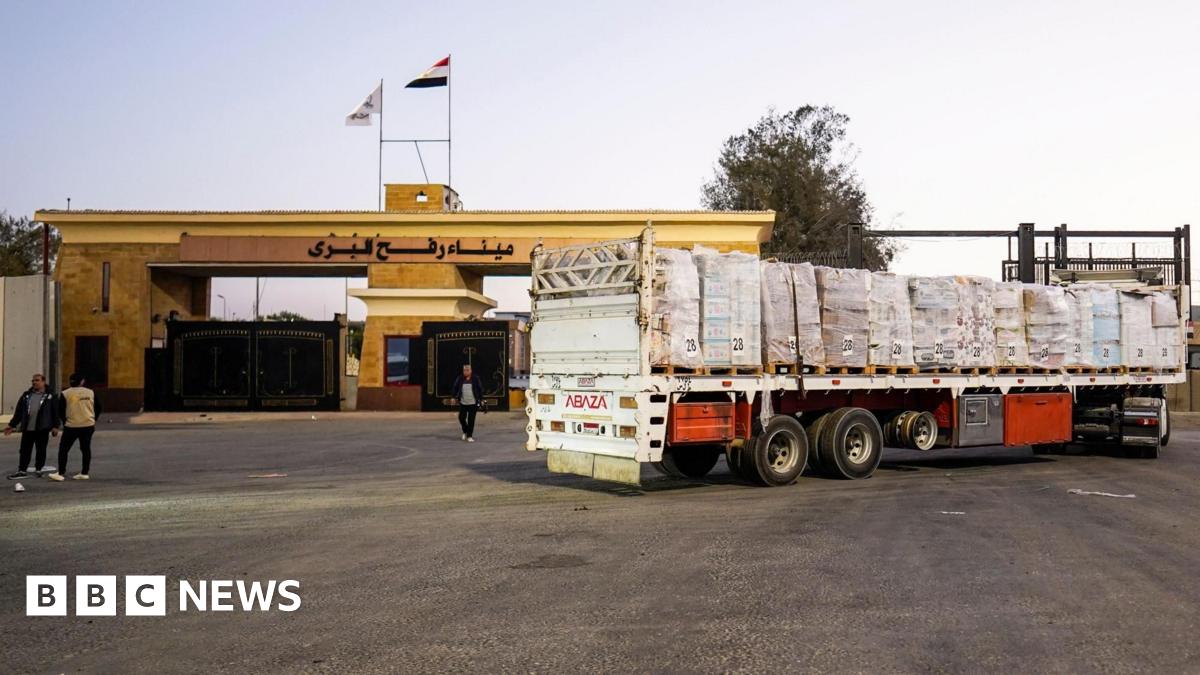
On Sunday night, Israeli Prime Minister Benjamin Netanyahu’s office announced that Israel had “agreed to a limited reopening of the Rafah crossing for pedestrian passage only, subject to a full Israeli inspection mechanism”.
The Israeli military…
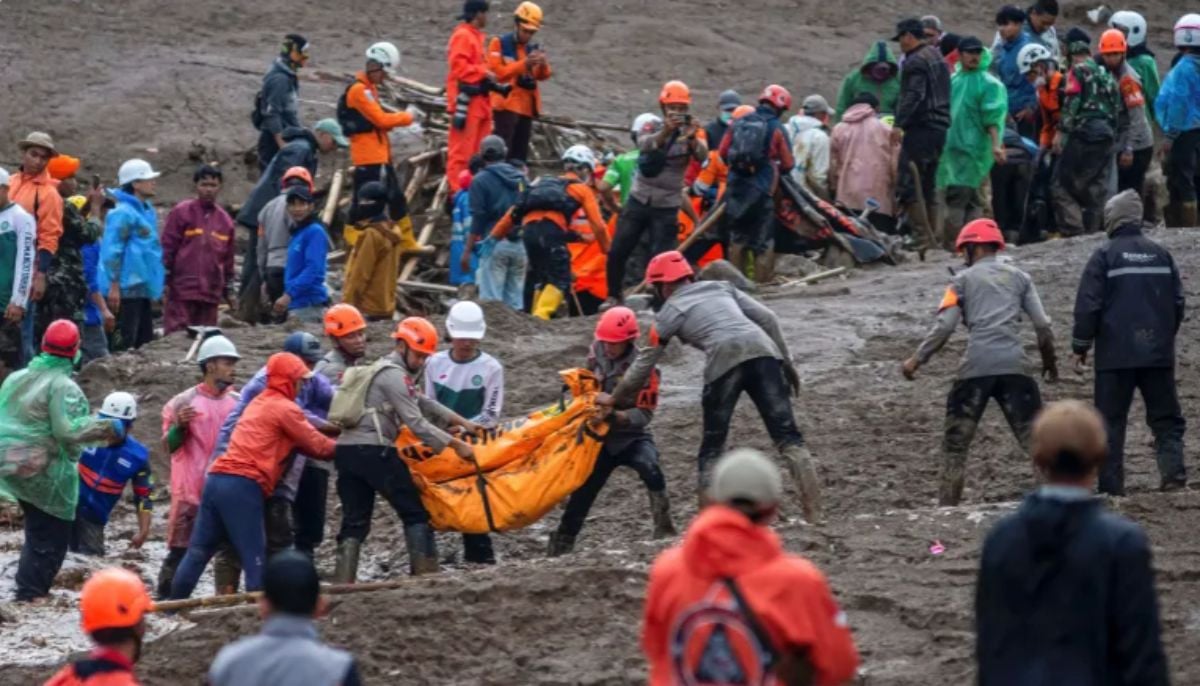
25 people have been declared dead, and hundreds are…
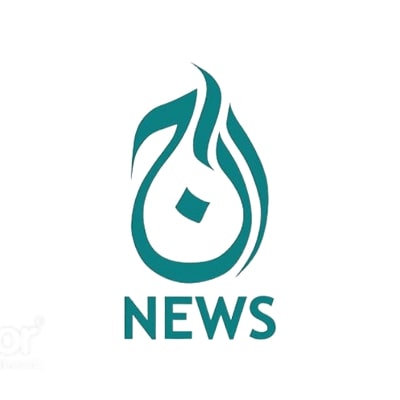
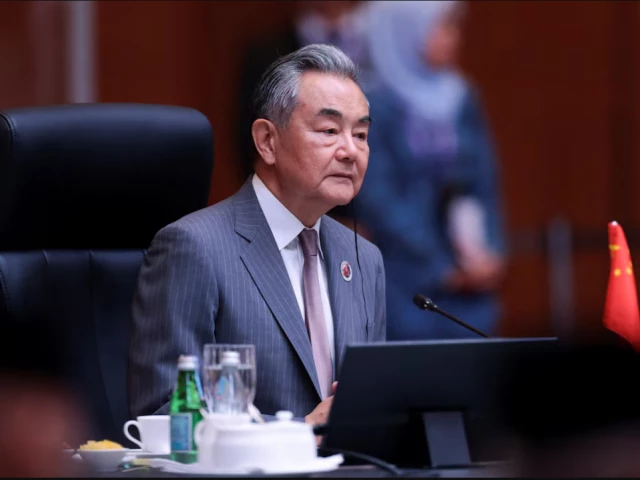
Chinese Foreign Minister Wang Yi attends ASEAN Post-Ministerial Conference with China at the Kuala Lumpur Convention Centre in Kuala Lumpur, Malaysia, July 10, 2025. Source: Reuters